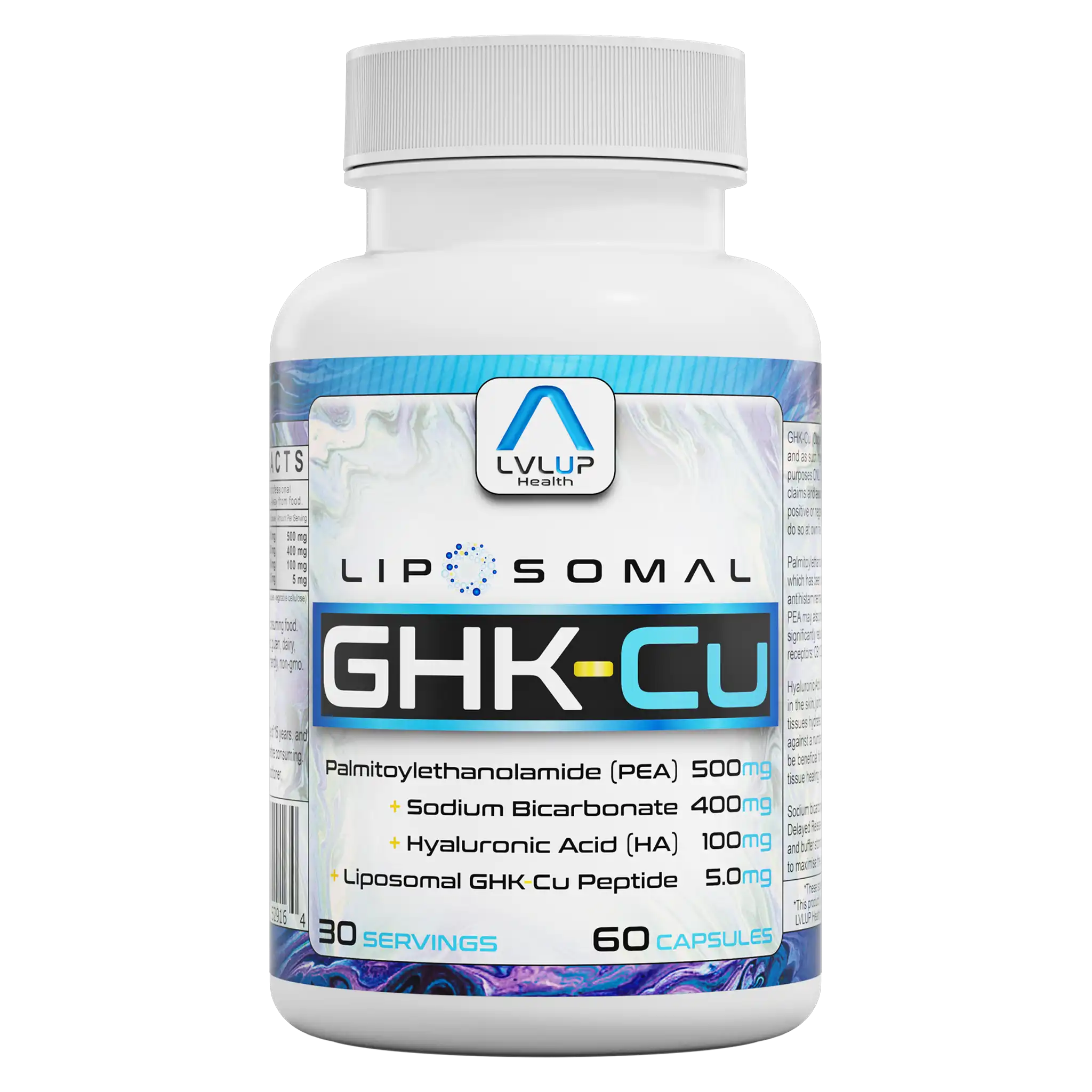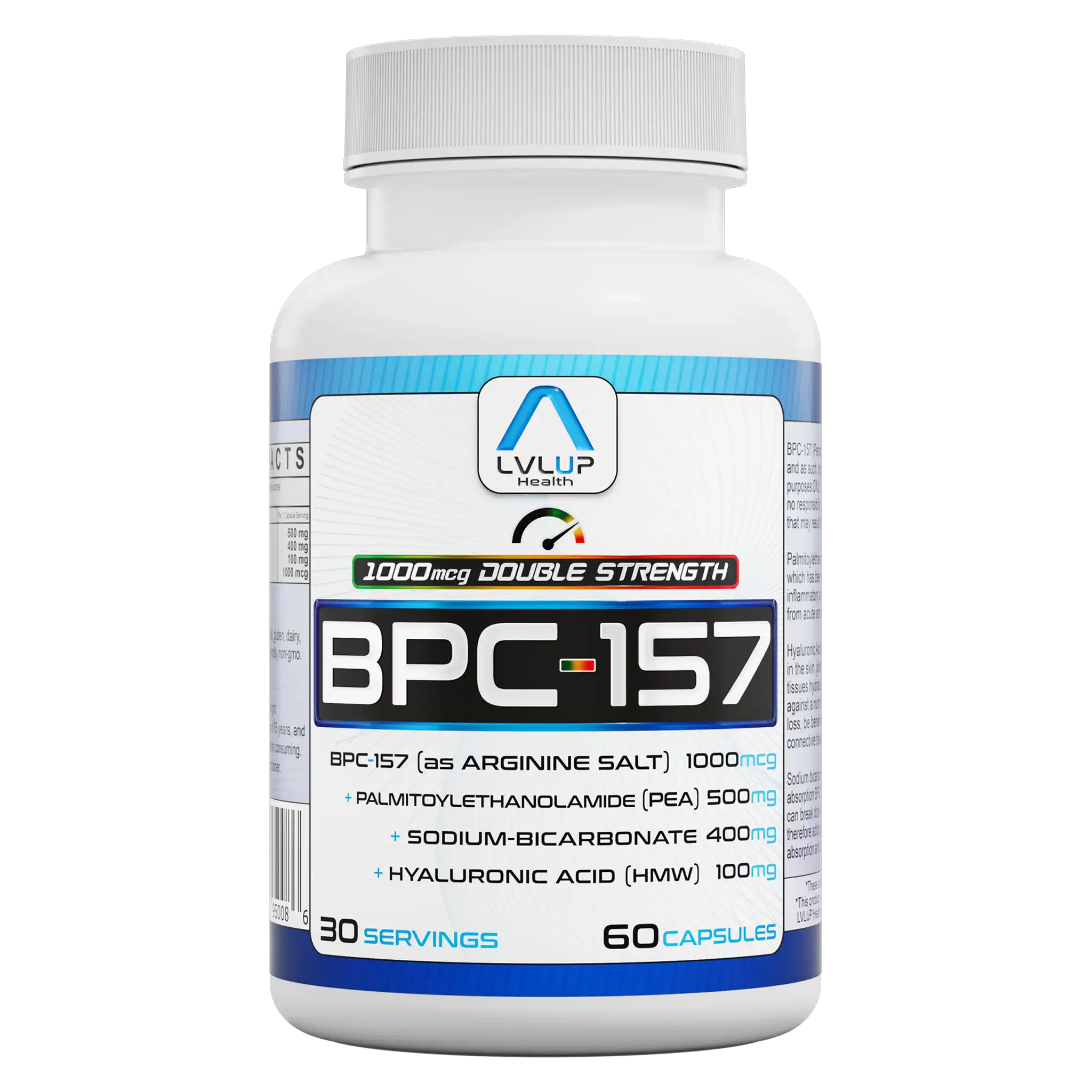Lion’s Mane
About Lion’s Mane
What Makes Lion’s Mane Special
This mushroom doesn’t just look striking on old-growth hardwood. Hericium erinaceus forms a significant part of supplements focused on the brain and nervous system. The main players here are hericenones and erinacines, compounds studied for their influence on nerve growth factor (NGF) production. NGF helps keep your nerves healthy and supports the growth of new nerve cells. This is one reason Lion’s Mane is prominent in products targeting memory support or mental sharpness.
How People Use Lion’s Mane
You’ll often see Lion’s Mane in blends designed to help with cognitive support, focus, or mood. Early studies suggest it might help maintain healthy communication between brain cells and assist nerves as they recover from daily stressors. This is appealing if you’re juggling complex projects, managing fatigue, or looking for ways to support your nervous system under pressure.
More Than Just Brain Talk
There’s growing buzz around the gut-brain connection as well. Some evidence suggests it might impact how your gut communicates with your brain, a field that’s expanding quickly in supplement research.
Found In
Formulated With
Detailed Information
Biochemical Compounds
Hericium erinaceus contains unique cyathane diterpenoids – hericenones (primarily found in the fruiting body) and erinacines (notably present in the mycelium). Both compound groups have shown potential to induce synthesis of nerve growth factor (NGF) in vitro and in vivo rodent models. NGF plays a pivotal role in neurogenesis and neuronal maintenance through TrkA receptor activation.
Preclinical and Clinical Studies
Preclinical studies demonstrate that supplementation with Hericium extracts leads to increased hippocampal neurogenesis and may modulate inflammatory cytokines via downregulation of NF-κB signaling pathways. Human clinical trials remain limited but point to improvements in mild cognitive impairment markers after 8-16 weeks of daily consumption at standardized doses (approximately 1-3 grams/day).
Ongoing Research
Bioactive fractions from Hericium have also been studied for their effects on myelination processes and gut microbiota composition modulation via prebiotic polysaccharide content. Ongoing research focuses on the translation of these neurotrophic mechanisms into broader clinical applications.





